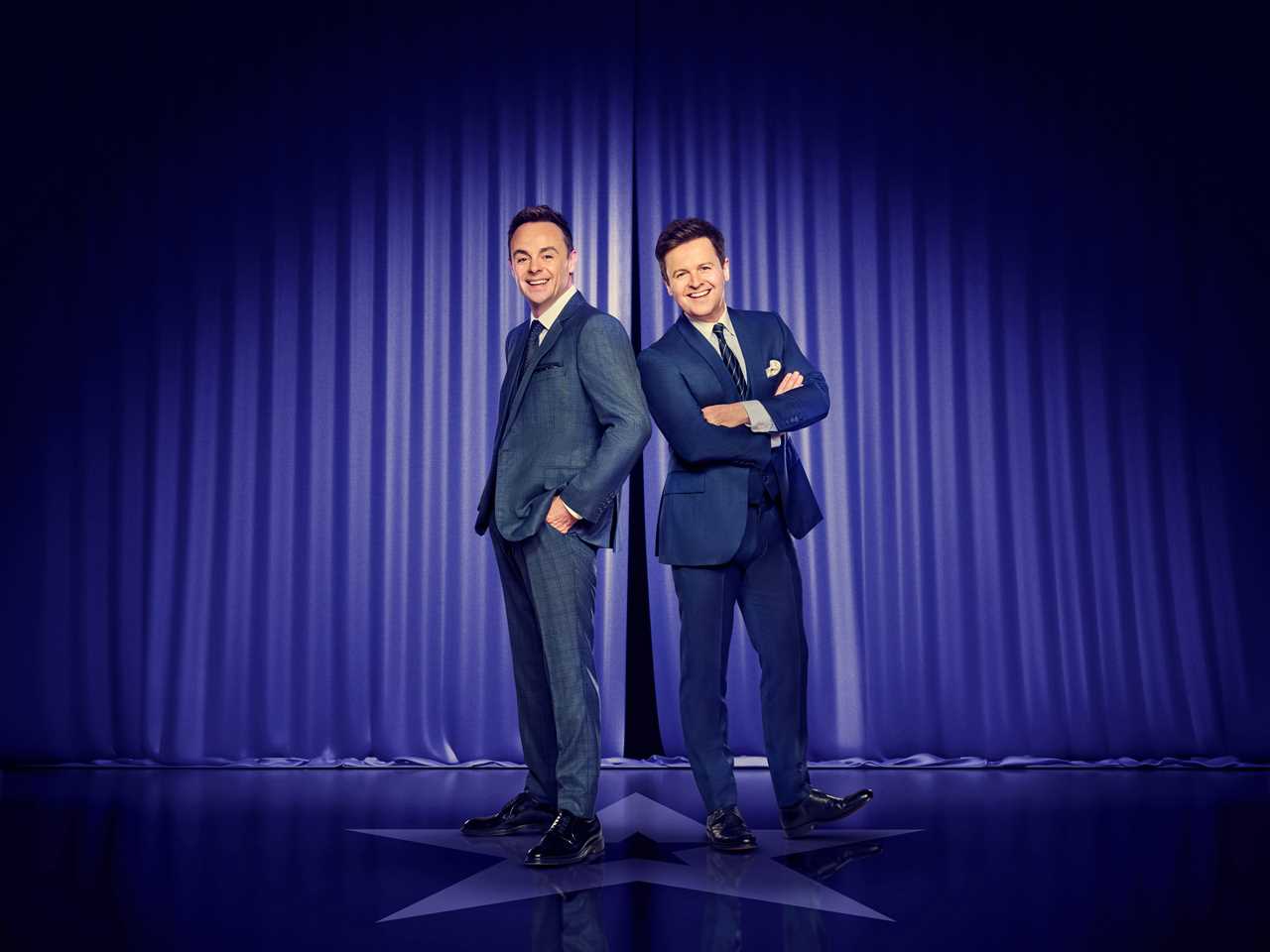
ITV's decision to alter its weekend schedule has sparked conversations about the intersection of entertainment, competition, and audience engagement. The recent shift in programming, notably pulling "Britain's Got Talent" off air this weekend, underscores the delicate dance of scheduling amidst major cultural events like the Eurovision Song Contest.
The wider context: Balancing Viewership and Festivities
Amidst the anticipation of the Grand Final of the Eurovision Song Contest, the rescheduling of ITV's flagship show raises questions about viewership loyalty and the impact of overlapping events on audience behaviour. The move to accommodate the FA Cup Final and adjust the primetime lineup has implications beyond mere time slots, reflecting the intricate web of audience preferences and network strategies.
Structural Shifts in Prime Time Programming
The rearrangement of ITV's weekend programming not only reshapes viewers' TV schedules but also hints at broader shifts in the dynamics of prime time entertainment. The inclusion of more Golden Buzzers in "Britain's Got Talent" and the alteration in the semi-final format mark attempts to sustain audience engagement and navigate evolving viewer expectations in the realm of talent competitions.
Unpacking Audience Reactions and Industry Response
The audience response to the changes in "Britain's Got Talent," particularly the addition of Golden Buzzers, underscores the delicate balance between innovation and tradition in reality TV formats. Criticisms and queries from viewers reflect a nuanced engagement with the mechanisms of talent shows, prompting reflection on the impact of rule modifications on viewer participation and investment.

Global Events and Local Viewership: Eurovision as Cultural Marker
The concurrent presence of the Eurovision Song Contest as a global cultural phenomenon adds layers of complexity to ITV's programming decisions. As audiences prepare for the Eurovision Grand Final, the reshuffling of TV schedules highlights the intricate interplay between local programming priorities and international events that capture the attention of diverse audiences.
As ITV navigates the confluence of sporting and cultural events, the temporary absence of "Britain's Got Talent" from its prime time slot serves as a microcosm of the intricate dance between audience engagement, network strategies, and the broader tapestry of entertainment preferences. This scheduling saga unveils the multifaceted nature of programming decisions in an era where cultural events and audience behaviours intersect in unprecedented ways.






